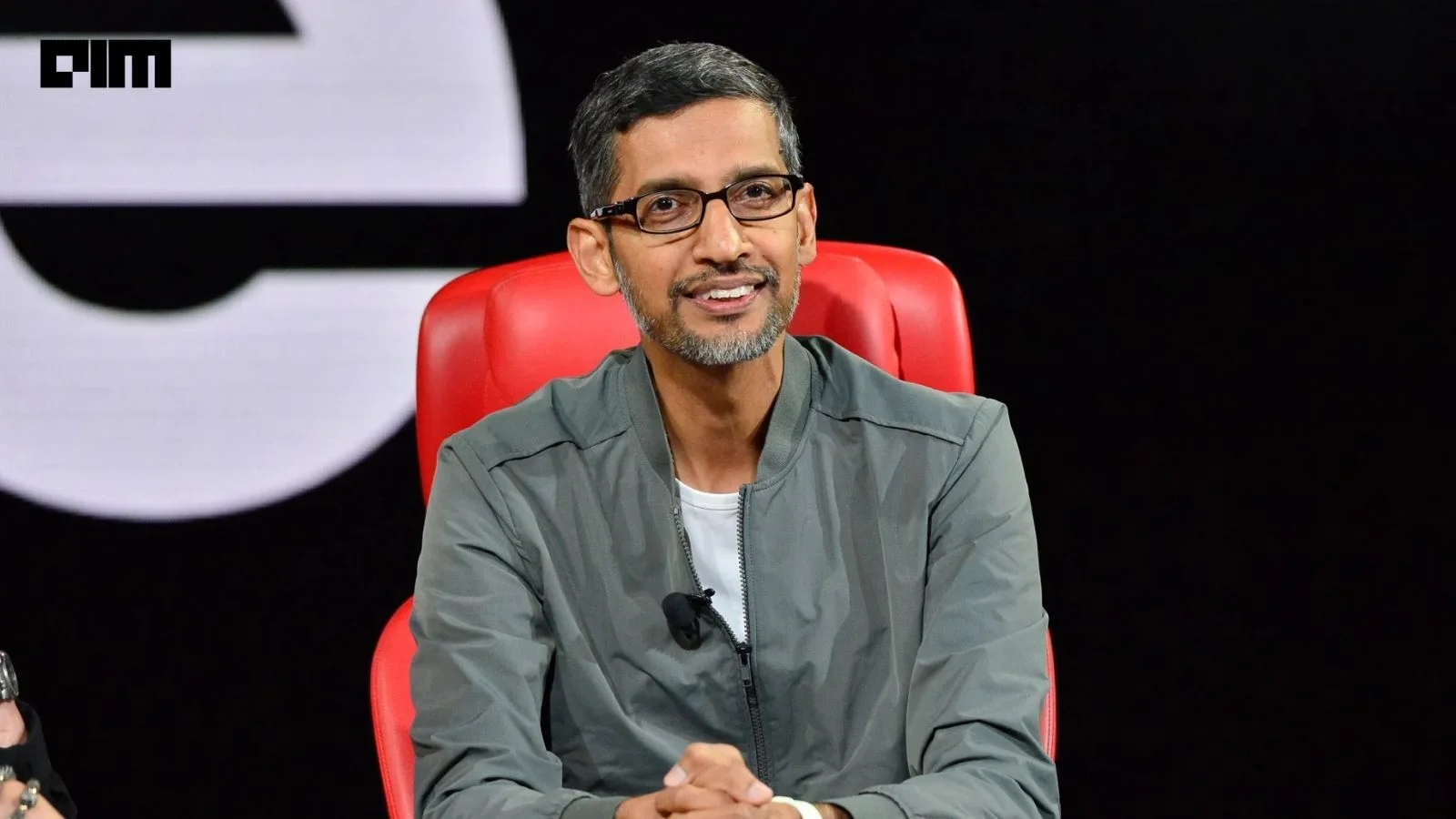Is Google Gemini succeeding silently in enterprises?

"Equifax ran a trial with 1,500 employees using Gemini. 97% requested to keep their licenses when the trial ended"
For the past few months, Google's Gemini AI has been immersed in controversy. Privacy lawsuits, Image generation failures, API breaking changes that infuriated developers. The narrative has been relentless. Google is rushing products to market, cutting corners, losing the AI race to OpenAI.
But there's another story nobody's talking about. In November 2025, Google quietly rolled out Gemini 3 without fanfare, and early users discovered something unexpected. It actually worked better than anyone expected.
The silent rollout is telling. No press conference, CEO keynote, or any hype involved. Just Gemini 3 appearing in Canvas on mobile, where it started processing user requests. What happened next suggests Google may have finally cracked something important. The gap between promise and performance.
Reddit threads and developer communities lit up with one consistent message: Gemini 3 is a significant leap. Not because of marketing claims, but because of observable output quality.
When users compared Canvas on mobile (running suspected Gemini 3) to Canvas on desktop (running Gemini 2.5 Pro), the differences were stark. Complex single-shot prompts, tasks that typically require multiple rounds of refinement, now worked on the first attempt. SVG animations generated perfectly. Web designs emerged clean and functional. 3D physics simulations ran smoothly with proper gravity, momentum, and touch interactions.
One Reddit user documented their experience: "Everything here is real and backed up by evidence. This isn't hype." That's not the language of disappointment. That's the language of someone who expected mediocrity and got quality instead.
Enterprise Validation
But the real proof isn't in developer enthusiasm. It's in enterprise adoption numbers. Equifax ran a trial with 1,500 employees using Gemini. The results? 97% of users requested to keep their licenses when the trial ended. 90% reported measurable increases in work quality and quantity. Employees saved more than an hour per day on routine tasks.
That's a retention metric. And it's exceptional. Pinnacol Assurance reported similar results. 96% of employees reported time savings. 90% satisfaction. AdVon Commerce processed a 93,673-product catalog in under a month, a task that previously took a full year. The company saw a 67% boost in daily sales and a $17 million revenue lift in 60 days.
These aren't simple marketing claims. These are documented business outcomes. When companies are willing to pay for software that directly increases employee productivity and customer revenue, something real is definitely happening.
The benchmark performance tells a similar story. Gemini 3 achieved gold-medal level performance at the 2025 International Collegiate Programming Contest. On the "Humanity's Last Exam" benchmark, it scored 18.8%, outperforming previous generations.
On WebVoyager, testing real-world web task performance, Gemini achieved 83.5% accuracy. These aren't revolutionary scores that will change everything. But they're solid, consistent, competitive scores. Gemini is no longer lagging in reasoning and task completion. It's performing at parity or above.
Here's where the strategy becomes interesting. Google isn't announcing Gemini 3 loudly. It's rolling it out quietly. Testing with real users. Gathering feedback. Refining based on actual-world performance rather than benchmark theater.
This could be read two ways. Either Google is trying to sneak the product out without scrutiny (cynical interpretation), or Google learned from previous disasters and is prioritizing quality over hype (optimistic interpretation).
Given the evidence, the optimistic read seems warranted. A company rushing to market without testing doesn't get 97% enterprise retention rates. A company with quality problems doesn't get 83.5% on WebVoyager.
This doesn't feel like an attempt to whitewash the past. The privacy lawsuit over default Gemini activation in Gmail is legitimate. The image generation bias issues were real. The API breaking changes were genuinely frustrating for developers.
Those failures suggest an organizational problem. Google was prioritizing speed over quality. Pushing products live before they were ready. Not testing thoroughly. Making decisions without thinking through consequences.
But the November 2025 Gemini 3 rollout suggests something changed. Maybe internally due to external pressure. Or maybe Google finally realized that for enterprise AI, reputation matters more than speed. One privacy scandal costs more in customer trust than a dozen late launches.
Google isn't winning the AI race through hype anymore. They're winning through deployment and through real enterprise usage. Through the kinds of productivity gains that make CFOs approve budget increases.
OpenAI has better marketing, more hype, and bigger headlines. But Google has 44% market share in productivity suites. Gemini integrates natively into Gmail, YouTube, Android, Search, Chrome. When you're that embedded into enterprise infrastructure, the game isn't about the best model, it's about the model that integrates best with systems companies already depend on.
Gemini 3 represents a company that finally understood this. It's not trying to be the most impressive AI model. It's trying to be the most useful AI model within the Google ecosystem. And the enterprise adoption numbers suggest it's succeeding.
The quiet rollout raises a genuine question. Has Google learned to execute? Or is this temporary competence before the next failure?
The evidence suggests the former. But in tech, reputation takes years to build and seconds to destroy. Google's silence about Gemini 3 isn't humility. It's cautiousness. And right now, for a company that overhyped its last several launches, caution looks a lot like wisdom.
Key Takeaways
- Discover Gemini 3's quiet launch, prioritizing performance over Google's typical marketing hype.
- Observe a significant leap in Gemini 3's output quality, exceeding user expectations in complex tasks.
- Note the stark performance difference between Gemini 3 and 2.5 Pro, especially for single-shot prompts.
- Recognize evidence of Gemini 3's effectiveness, as 97% of Equifax trial users requested continued access.